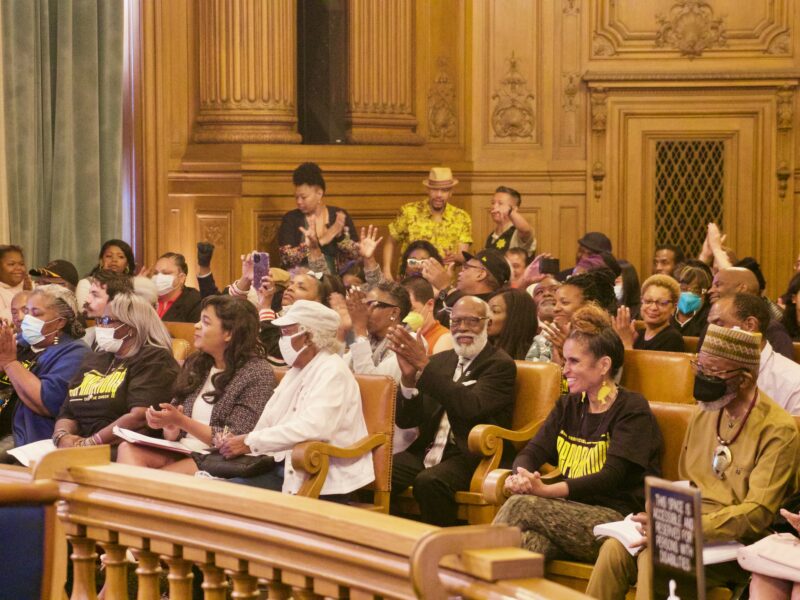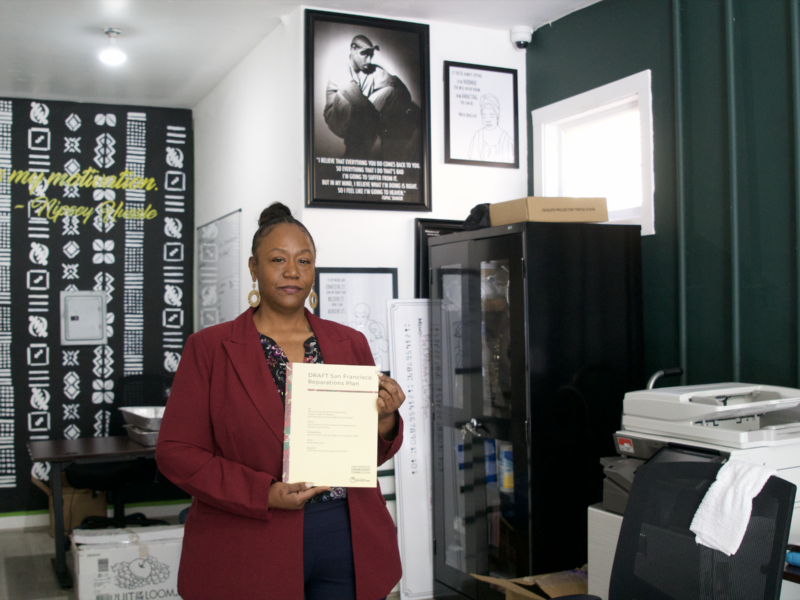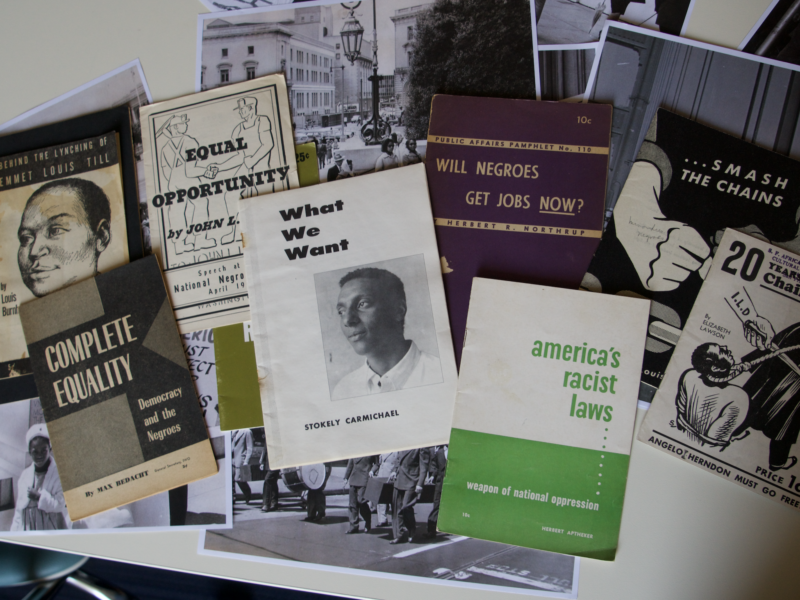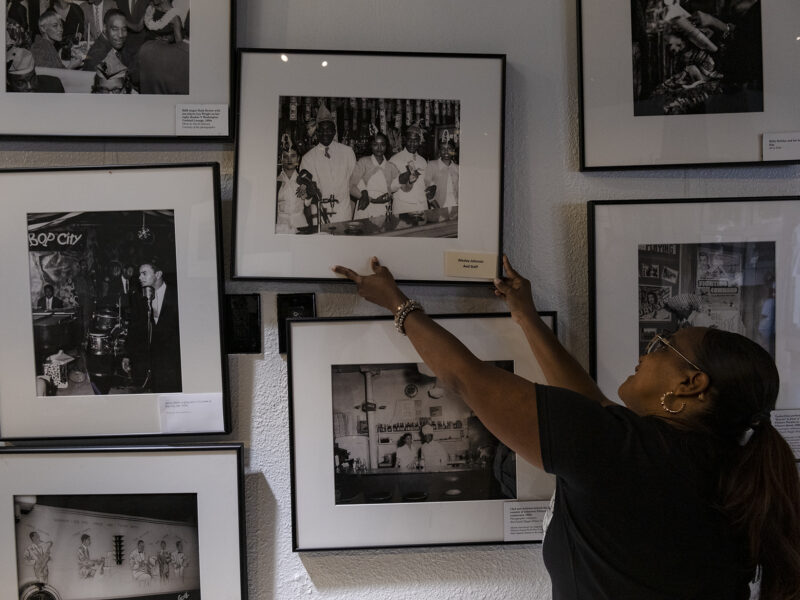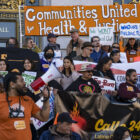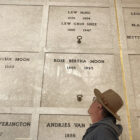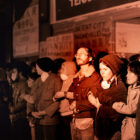In June, Mayor London Breed agreed to set aside $4 million over two years to set up an Office of Reparations. But that has not happened yet, and pressure is mounting within San Francisco’s Black community to act expeditiously on a months-old plan to redress the effects of decades racism with an array of policy solutions.
Homepage Featured
Without Dropping Cash Reparations Idea, SF Investigates New Housing Reforms
San Francisco’s Board of Supervisors will review and discuss dozens of policy recommendations beyond a proposed $5 million payment to each qualifying Black resident — the option that captured national media attention and inspired a handwringing frenzy — when it meets March 14 to discuss the city’s draft Reparations Plan.
Its proposals are non-binding, with the committee noting in the plan that “it will be up to the community to create the momentum to ultimately get these recommendations officially codified into San Francisco law.”
City Hall
Housing Program to Redress Urban Renewal Could Get Boost From SF Reparations Plan
Urban renewal was a publicly and privately funded effort across the U.S. wherein local governments acquired land in areas deemed “blighted” — often using a racially biased lens — through eminent domain, forcibly displacing residents and demolishing existing buildings with promises to rebuild. In San Francisco, urban renewal targeted Black cultural centers and neighborhoods, uprooting thousands of families and destroying lively, well-established communities.
Now, San Francisco is giving renewed attention to a program that aims to bring displaced residents and their descendants back to the city as the Board of Supervisors prepares to review a draft Reparations Plan to address historic harms against Black San Franciscans at a meeting March 14.
City Hall
Advocates Say SF Housing Plan Falls Short on Racial Equity
Housing advocates say San Francisco’s eight-year housing plan doesn’t include a comprehensive strategy to build enough affordable housing, to the detriment of the plan’s race and equity goals.
Environment
John Muir, Racial Politics and the Restoration of Indigenous Lands in Yosemite
John Muir has been honored extensively, with his name on many sites and institutions, including 28 schools, a college, a number of mountains, several trails, a glacier, a forest, a beach, a medical center, a highway and Muir Woods National Monument, one of the most visited destinations in the Bay Area. But in the time since the Sierra Club issued a nuanced statement in 2020 acknowledging some racist language in his early writings, some have come to believe that Muir’s legacy should be diminished, despite his contributions to the preservation of wilderness and later writings praising native tribes.
Tax Cuts and Eroding Worker Protections Made Wealth Gap More Extreme
When we examine the massive wealth gap between the rich and poor in this country, what stands out most is how differently it affects the country’s white and Black populations.
According to data from the Federal Reserve Board’s Survey of Consumer Finances, the typical Black family has $24,000 in wealth. That is less than 13% of the $190,000 in wealth held by the typical white family.
America’s Wealth Gap Is Rooted in Racism. How Did We Get Here?
While the wealth gap continues to expand, much of it is grounded in discriminatory economic practices dating back to the early 20th century that made it difficult for members of racial minorities in the U.S. to accumulate wealth — or to keep what they were able to acquire.
Government & Politics
SF Launches First Navigation Center to Serve Homeless Transgender People
On March 9, the city’s first navigation center to specifically serve transgender and gender-nonconforming people opens in SoMa.
It will fill a gap in homeless services that has excluded a highly vulnerable population. Transgender people are 17 times more likely to experience homelessness than the average person, and 70% of those who have stayed in shelters report having experienced harassment, according to a study conducted by the National Center for Transgender Equality.
Native Activists, Interior Secretary, Commemorate Alcatraz Occupation
More than half a century after they occupied the island in a monthslong protest for indigenous sovereignty, Native American activists gathered on Alcatraz on Saturday to watch the nation’s first indigenous secretary of the interior commemorate the occasion.
In ‘Homeroom,’ Meet Oakland Youth Who Organized to End Policing in Schools
A new documentary, “Homeroom,” shows how Oakland High School’s Class of 2020 faced a year of pandemic uncertainty with resilience and perseverance, amplifying calls to end policing in schools even as those schools shut down and their personal milestones were relegated to virtual spaces.
In Remembering Traumatic Eviction, Community Seeks Inspiration
The International Hotel on the corner of Jackson and Kearny in San Francisco is the second of its name. The original was a residential hotel, with small rooms affordable to low-income workers. On Aug. 4, 1977, more than 100 residents were evicted all at once, despite thousands of protesters outside.
